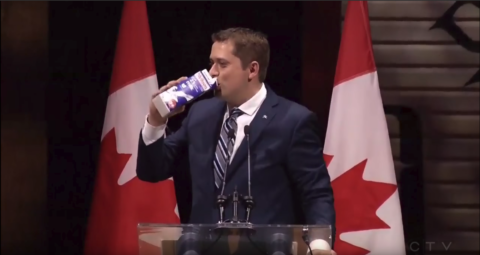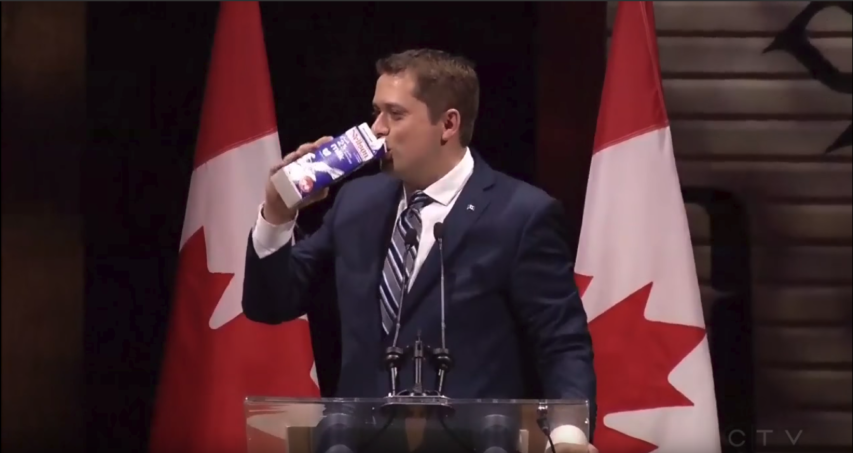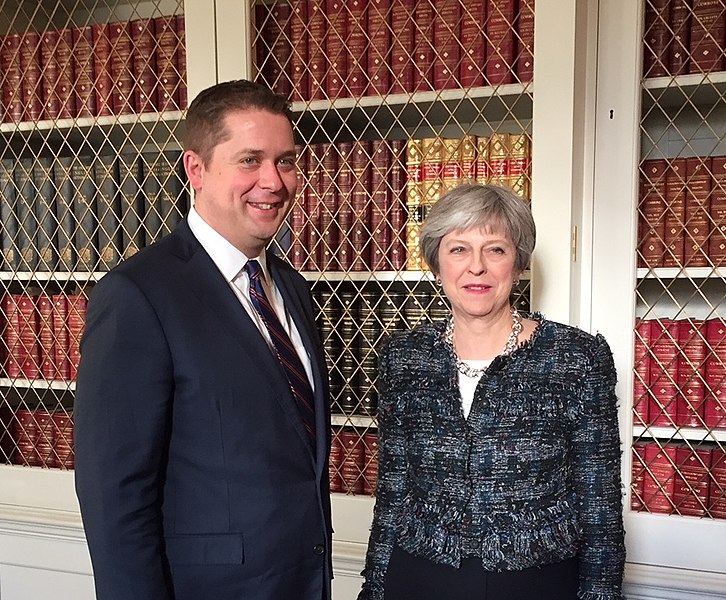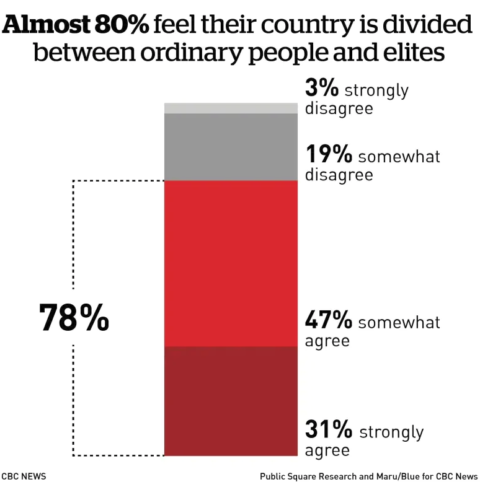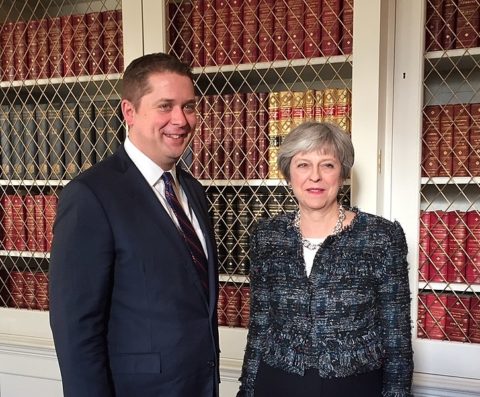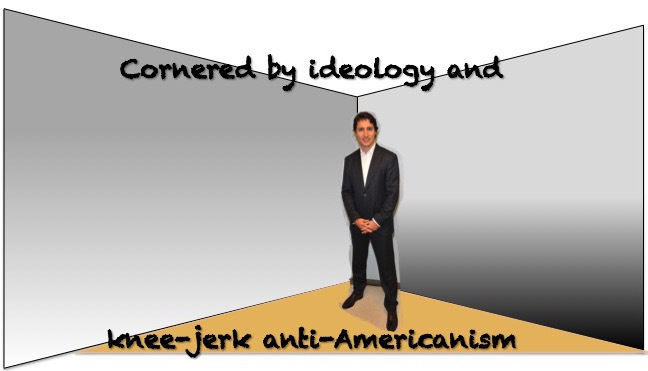Andrew Coyne on the contrast between the Liberal Party, led by Prime Minister Dressup, and the Conservative* Party, “led” by the empty suit I like to call “The Milk Dud”:
As we await the start of the election campaign that began several months ago, some cynics would have you believe the whole thing is little more than a hollow ritual, an empty contest in mass manipulation between rival gangs of careerists and power-seekers who, for all their partisan breast-beating, do not differ in any meaningful way.
Don’t be fooled. Seldom have the choices between so stark, or the stakes so high.
The two main parties, after all, could not be more different. The one, it is well known, is little more than a personality cult centred on the leader, while the other is a personality cult, minus the personality. The first is notably bereft of any governing philosophy or principles but will say and do whatever it takes to win, while the second will say and do whatever it takes to lose.
Of course, both parties have from time to time had their share of scandals, a Wright-Duffy here, an SNC-Lavalin there, but with a critical difference. For whereas the Liberals abuse power because they can — because being so often in government and so accustomed to its pleasures, no one expects them to do any differently — the Conservatives do so because they must: because being so rarely in government, they are at every disadvantage, between an uncooperative bureaucracy and a hostile media, and need recourse to every expedient just to even the scales. Or because the Liberals did it first. Or just because.
* Note that no actual conservatives are members of this party, the name is just a convenient label, not an accurate descriptor.


